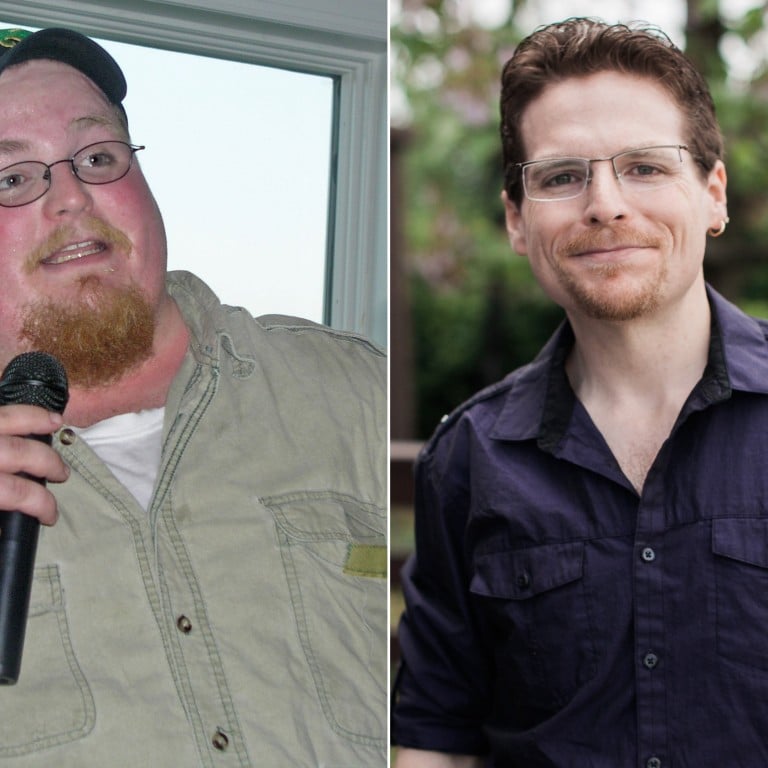
How to lose weight: 190kg podcaster shed 127kg to make it to his 30th birthday – here’s how he did it
- Days after his 27th birthday, Chuck Carroll had bariatric surgery to lose enough weight to live to see his 30th, and overcame his fast food addiction
- But some of the kilos piled back on; only after adopting a whole-food, plant-based lifestyle was he able to slim down to 63kg and forget his health worries
Looking at Chuck Carroll now, it is hard to imagine that the fit and trim 41-year-old American podcaster once weighed 190kg (420lbs).
As a child, Carroll remembers eating whatever he wanted, whenever he wanted, and gradually developing an addiction to fast food. At the age of eight he weighed 45kg, much more than his classmates.
“I didn’t know what healthy eating looked like or why I was overweight,” says Carroll, who lives in the US capital, Washington. “My diet centred around hamburgers, fries, hot dogs, mac and cheese, cookies, pizza, and sandwiches filled with bologna. Everyone in my family ate the same way.
“My mother did try to prepare healthy meals for me, and once served me millet, but it looked like birdseed and I refused to eat it.”
When he was a teenager, Carroll developed high blood pressure, and although he was prescribed medication, he continued to eat the same way.
By the time he graduated from high school at 18, he weighed 136kg, considered obese for his 1.67-metre (5 foot 5 inch) frame.
I didn’t want people to know how much I was eating. At work, I’d eat at my desk behind locked doors so nobody could barge in on me
In his twenties, a typical lunch for Carroll consisted of half a rotisserie chicken plus side dishes like creamed spinach, cheesy pasta and mashed potatoes with gravy.
Dinner was often one-and-a-half or two whole pizzas, followed by burritos, quesadillas, nachos and dessert from his favourite Mexican fast-food restaurant.
“I was on a first-name basis with the staff – I never had to place my order because they always knew what I wanted,” he says.
The big risks of leaving high blood pressure untreated – doctors explain
At the peak of his addiction, Carroll was consuming about 10,000 calories a day and would get cranky if he did not get his fast-food fix.
He often binged in secret, out of shame, and would be consumed with guilt afterwards.
“I didn’t want people to know how much I was eating. At work, I’d eat at my desk behind locked doors so nobody could barge in on me. And if I went out for a meal with others, I’d always order a salad because I was too embarrassed to eat anything else.”
At the time I was also depressed, but it never once crossed my mind that the food was largely to blame
“At the time I was also depressed, but it never once crossed my mind that the food was largely to blame,” he adds.
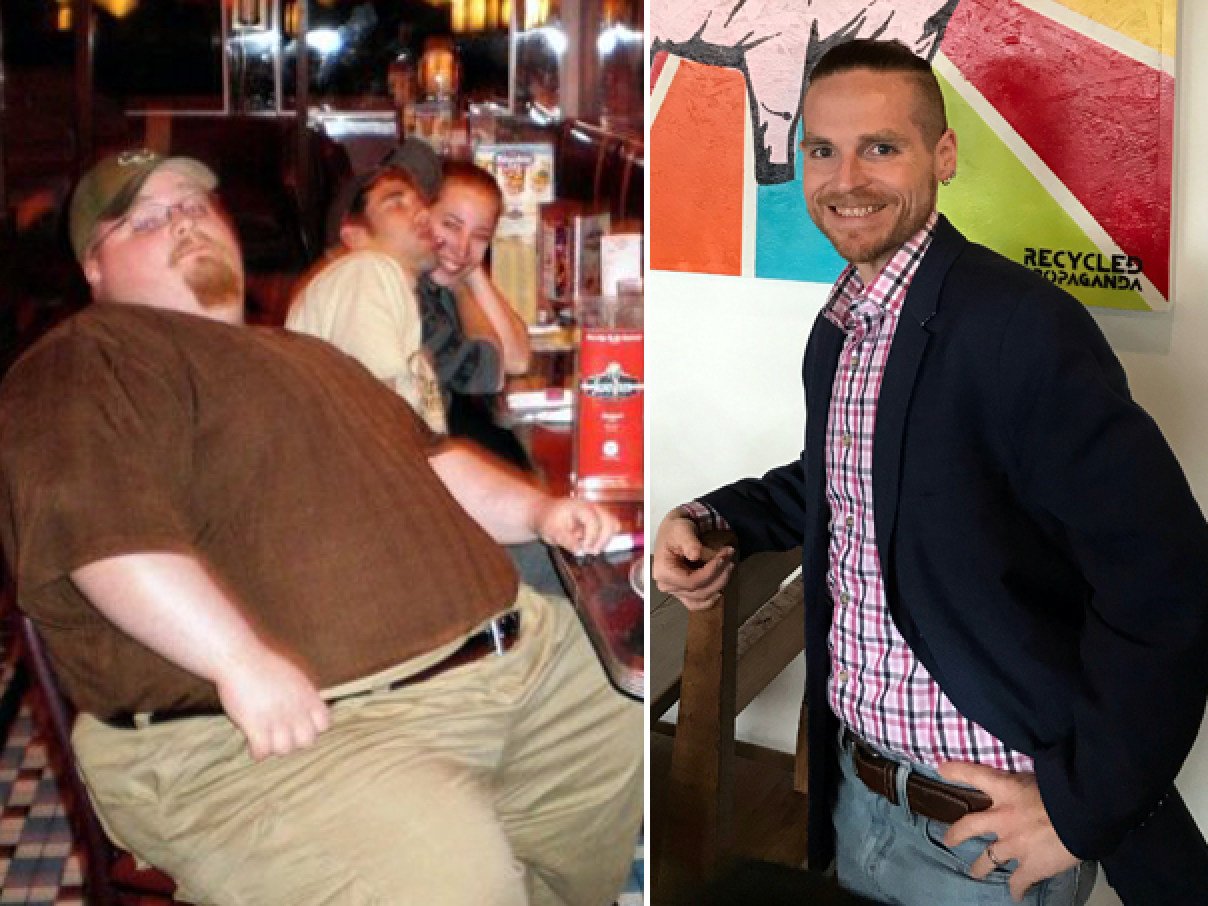
“Chest pains were setting in and I knew I wouldn’t live to 30 with the way I was going,” he says.
“I’d tried every low-carb and calorie-restrictive diet, but whatever weight I lost on them always came back. I thought, ‘If I get bariatric surgery, I could lose some weight for good and at least make it to my 30th birthday.’”
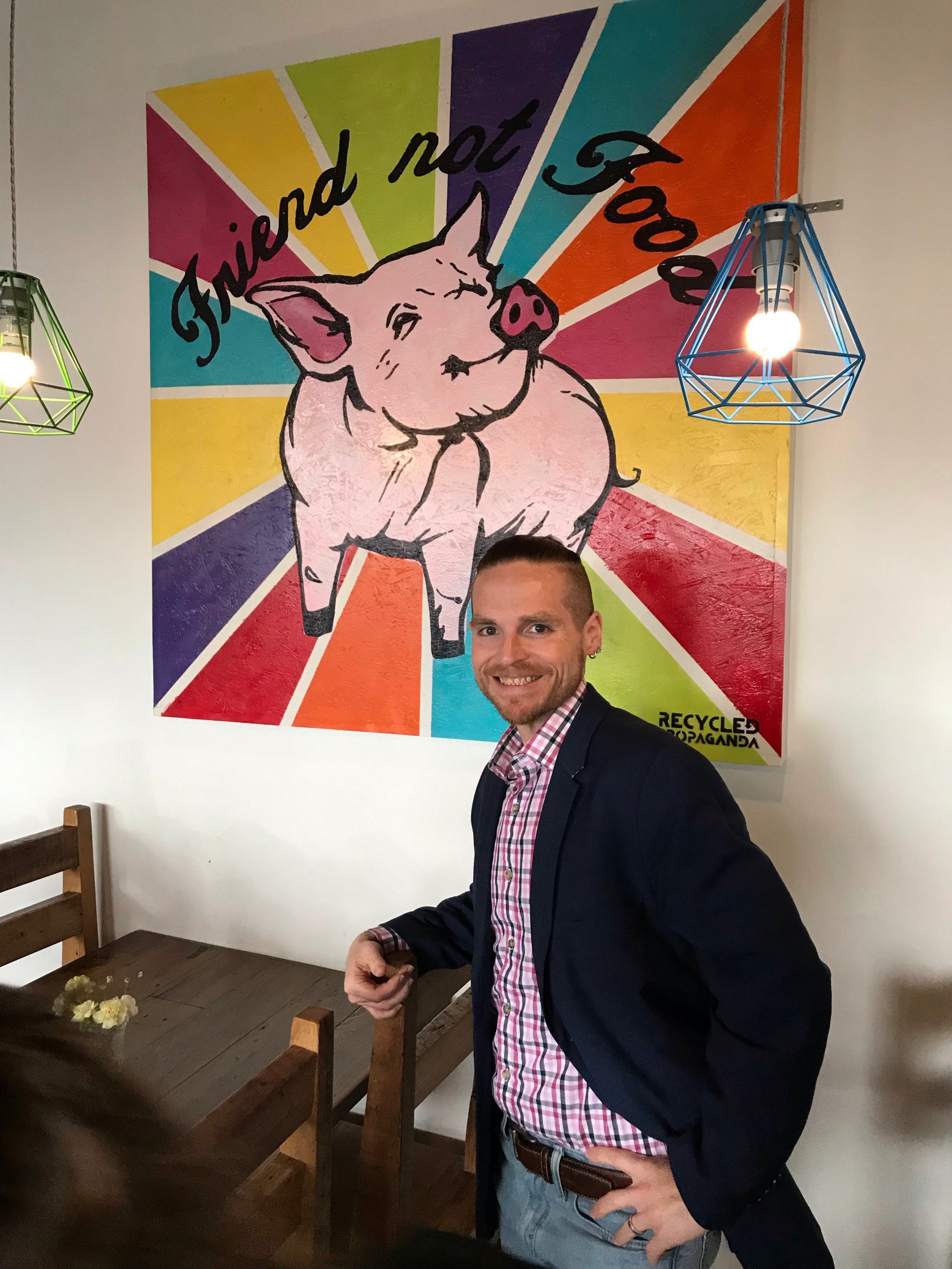
The surgery, in 2009, was a success: Carroll’s stomach was considerably smaller and, as he was unable to eat much, he lost a substantial amount of weight, dropping to about 70kg. Around this time, he also decided to quit eating fast food completely.
“My doctor told me not to have it for three to six months after the surgery, to avoid getting violently ill,” Carroll says.
“I could’ve resumed eating it after this time, in small amounts, because I was told that I could eat small amounts of whatever I wanted,” he says. “But I was a fast-food addict and I knew I couldn’t enjoy it in moderation; I had to stop eating it altogether.”
Ultra-processed food: what it is and why it’s bad for us
Still, that did not mean he ate healthily. He ate processed foods like cheese-and-ham rolls and protein bars. Over the next few years, the weight piled back on and he got up to 81kg.
Around this time, Carroll was approached by the Washington-based, non-profit health organisation Physicians Committee for Responsible Medicine (PCRM) to take part in a healthy eating campaign called Teaming Up for Health.
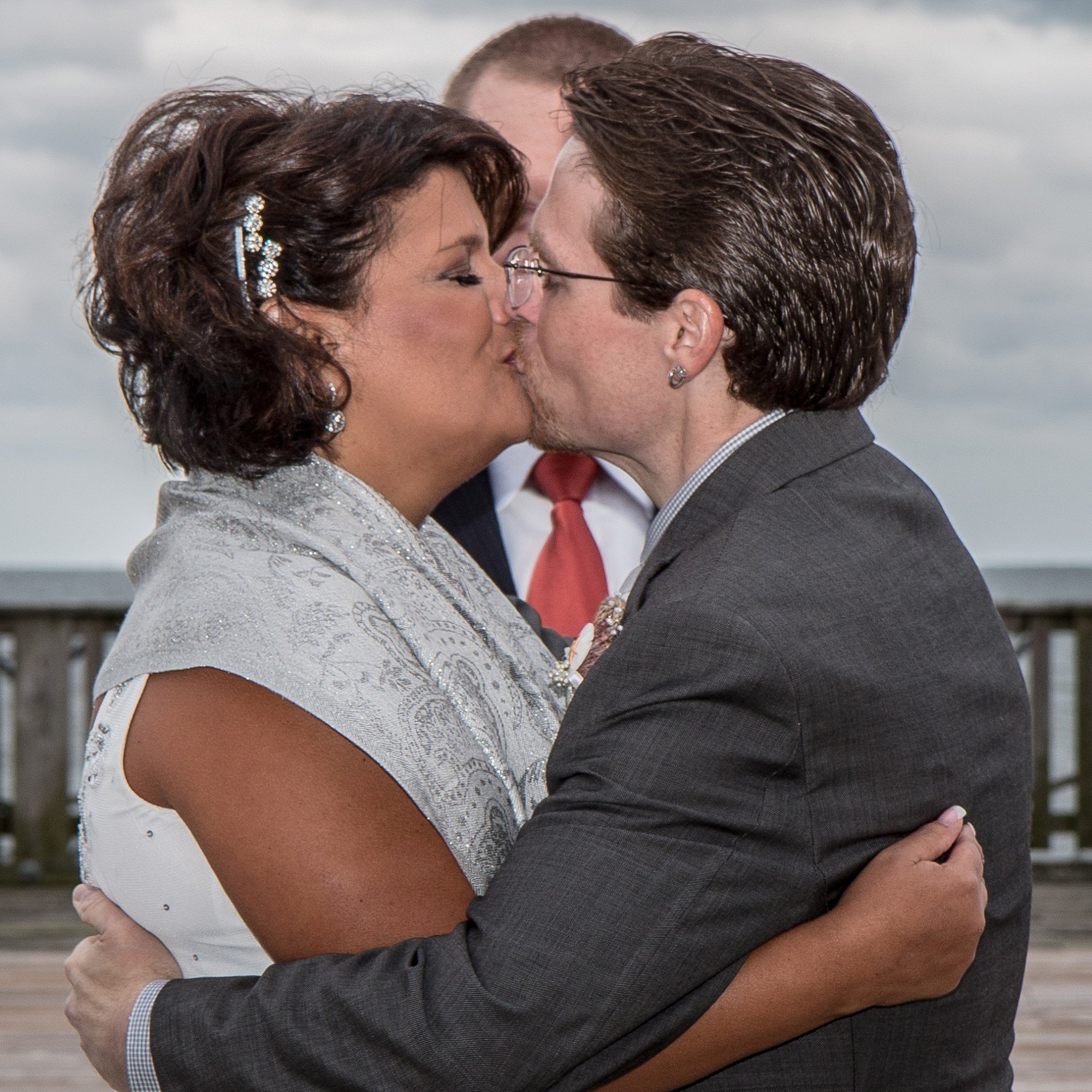
A couple of years later, when he was 34, Carroll stopped eating all animal products. He had interviewed a former WWE wrestler who had followed a plant-based lifestyle and he suggested that Carroll look into this way of eating.
He and traffic news anchor Julie Wright wed in 2015, and he managed to convince her to switch to a plant-based diet, too. It did not take long for him to lose the extra weight he had gained after his surgery.
10 surprising ways a whole food, plant-based diet will benefit your health
He is no longer ashamed to be seen eating large amounts of food, and will proudly tuck into oversized platters of veggies, beans and grains in front of others.
Today, seven years after adopting a whole-food, plant-based diet, Carroll is a svelte 63kg (140lbs). His blood pressure reading is excellent and he is not on any medication. The back pains are gone, he is not depressed and he has more energy.
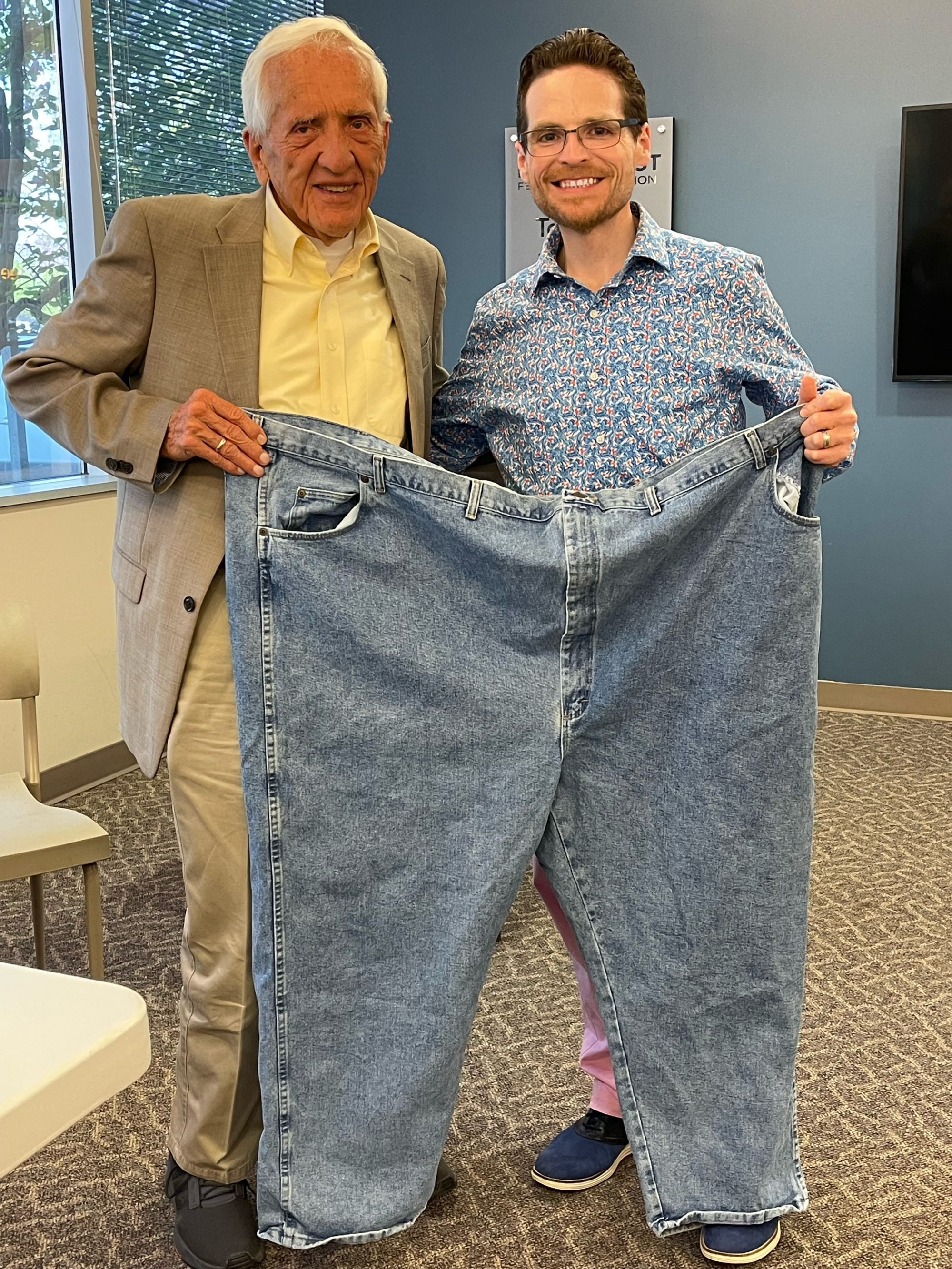
“I still wake up every morning and think, ‘It’s so freeing to not have to worry about my weight any more.’ Eating this way has changed my life,” he adds.
He still craves unhealthy foods from time to time, but he has found a way to deal with this.
“Snacking on pineapple chunks or baby carrots with hummus helps, but if the cravings are intense, I don’t fight them. Instead, I sit with them, knowing that they’ll be gone in 15 minutes,” he says.
How to prevent heart disease: health checks, stay active and don’t smoke
Carroll was able to combine his media career with his passion for health and nutrition and now hosts a vegan podcast called The Exam Room by the Physicians Committee.
It is a job that allows him to share his knowledge about plant-based eating with others and hopefully make a positive difference in their lives.
Recent guests on his show included Irish plant-based bassist Tanya O’Callaghan, who plays with English rock band Whitesnake. The two of them wore a single pair of Carroll’s old denim jeans.
He is also more physically active.
“I’m doing all the things I used to dismiss when I was overweight. The little things that I thought wouldn’t make a difference at all actually make all the difference in the world … like taking the stairs instead of the elevator, using the restroom on another floor and taking the stairs, parking in a distant spot in parking lots,” he says.
“I calculated that by parking in the last spot at work I was walking an extra mile per week with zero effort. Over the course of the year, that was close to 50 miles [80km], and that little effort can make a huge difference.”
Since losing weight and getting his health under control, Carroll says that his future looks bright.
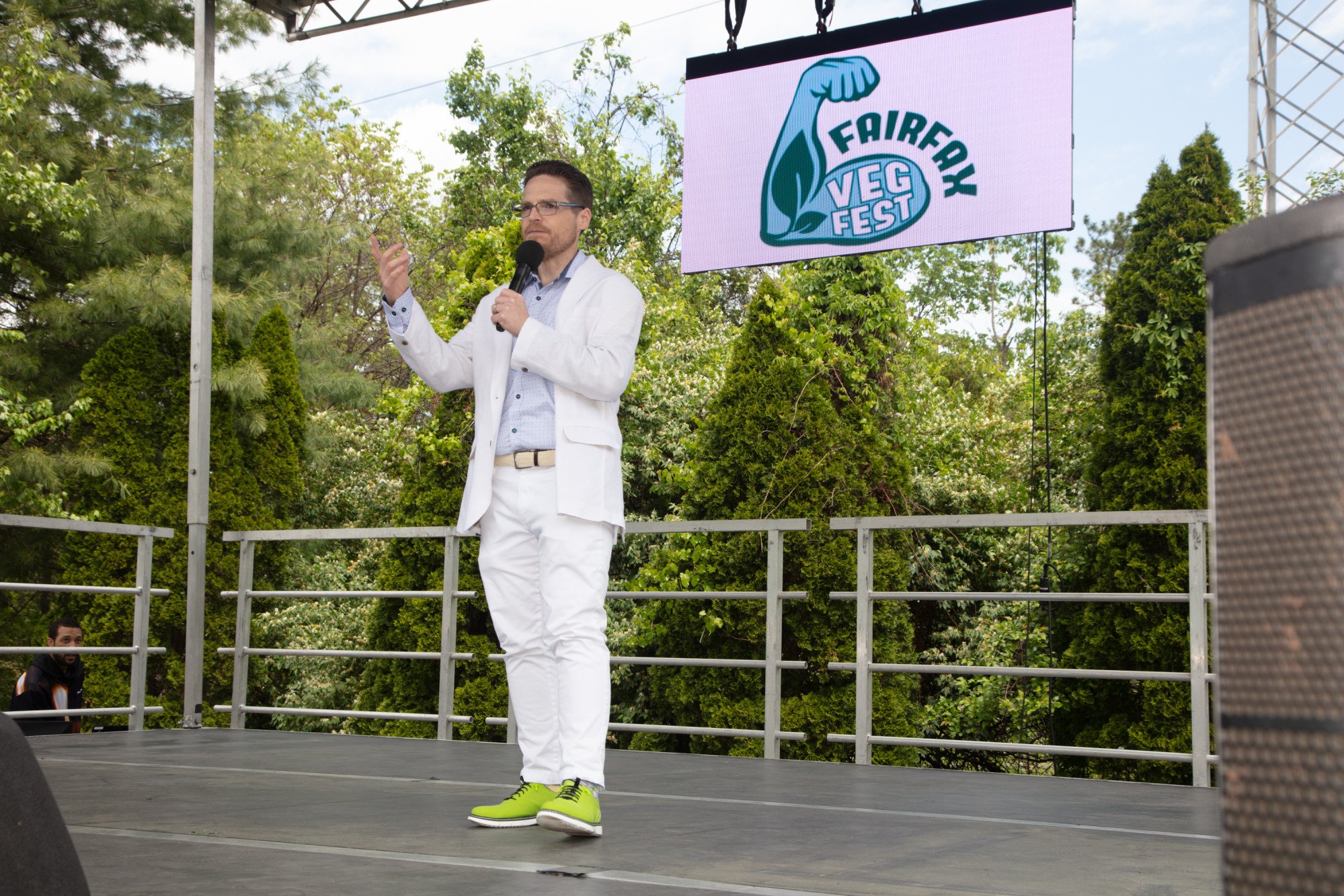
“I am more optimistic and can’t wait to see what’s ahead. There was a time when I couldn’t even see a future for myself, but now I can totally imagine being in my eighties or nineties and relaxing on my porch with my wife,” he says.
“Making it to old age is no longer a pipe dream. It’s within my grasp.”

